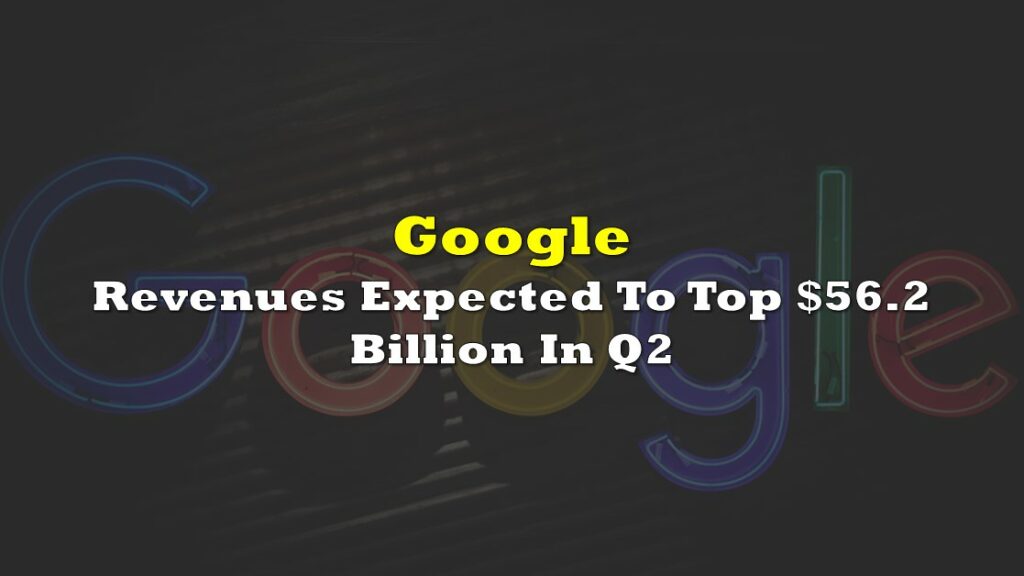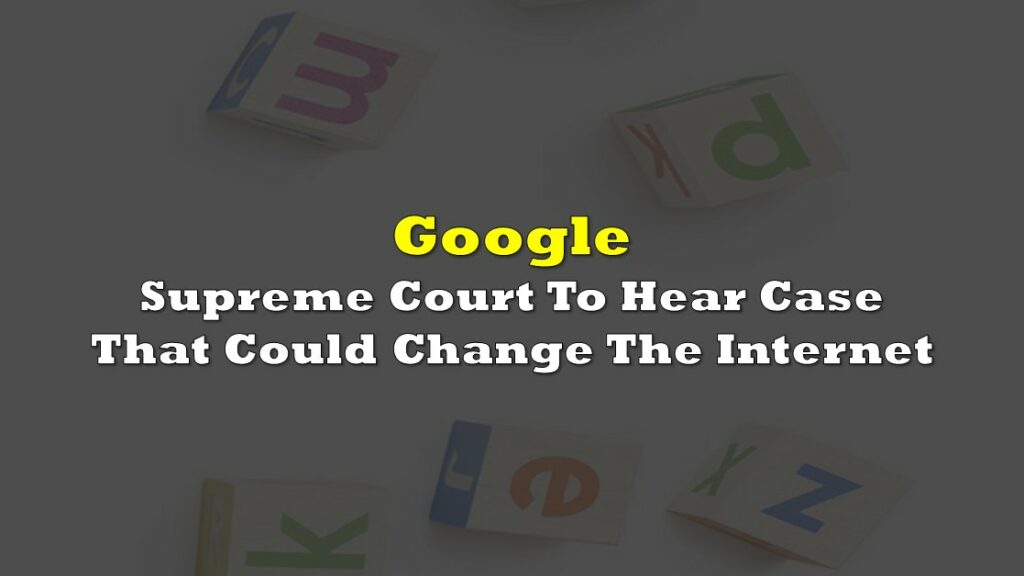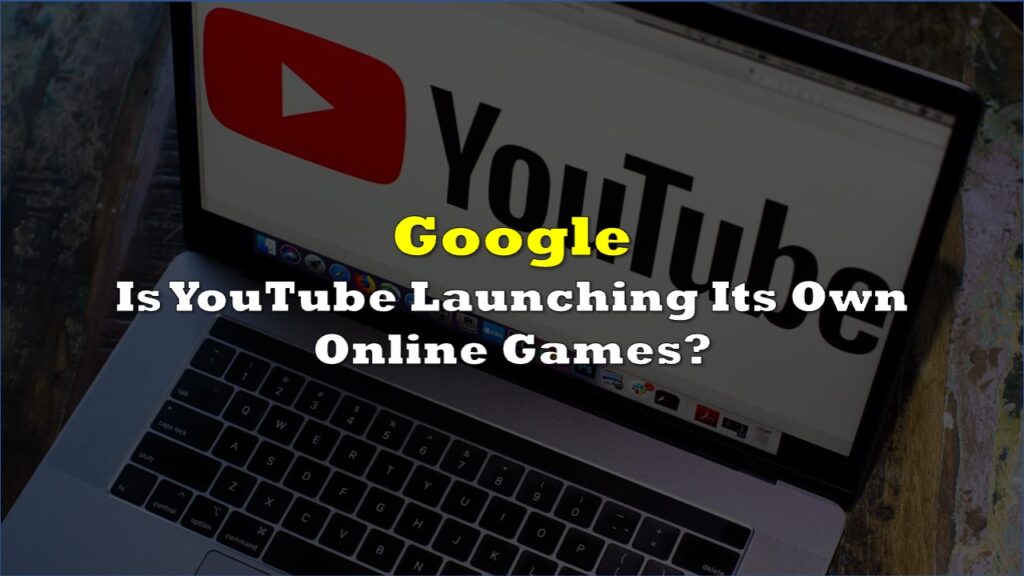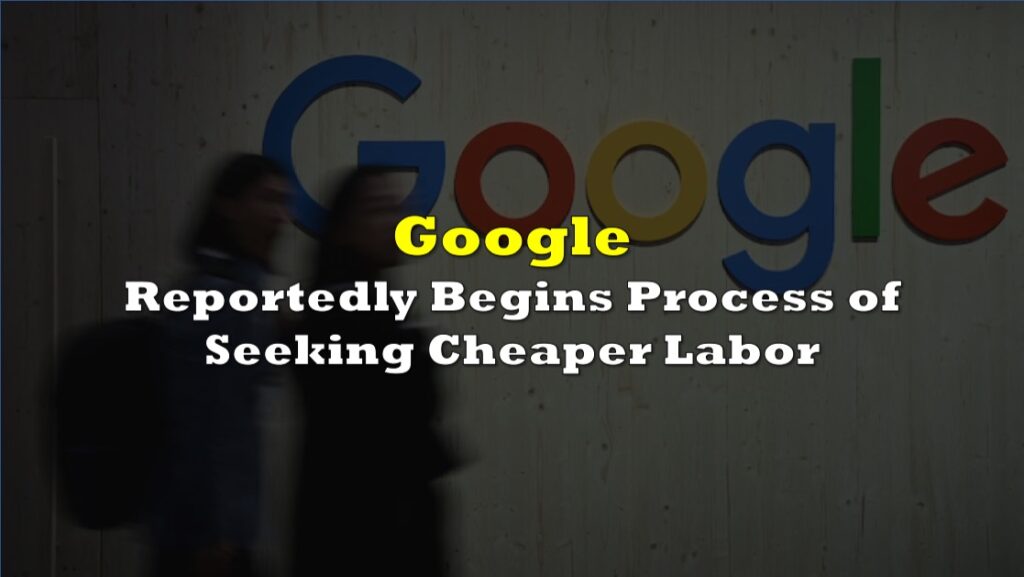A federal judge issued a landmark ruling against Google, a subsidiary of Alphabet Inc (NASDAQ: GOOGL), finding the tech giant guilty of violating U.S. antitrust law through its search business practices. This decision, which could significantly alter how millions of Americans access information online, marks a substantial setback for Google and has the potential to disrupt decades of its market dominance.
U.S. District Judge Amit Mehta’s ruling, which concluded a prolonged legal battle initiated by the U.S. government, has significant implications for the tech industry. “After having carefully considered and weighed the witness testimony and evidence, the court reaches the following conclusion: Google is a monopolist, and it has acted as one to maintain its monopoly,” Mehta wrote in his detailed 277-page opinion. “It has violated Section 2 of the Sherman Act.”
The judge’s decision targets Google’s extensive use of exclusive contracts with device makers and web browsers to ensure its position as the world’s default search provider. These contracts, costing Google billions of dollars, have effectively shut out competitors such as Microsoft’s (NASDAQ: MSFT) Bing and DuckDuckGo, solidifying Google’s monopolistic grip on the search market.
This ruling stands as a critical moment in antitrust enforcement against Big Tech, echoing significant antitrust cases of the past. It draws parallels to the U.S. government’s antitrust showdown with Microsoft at the turn of the millennium, where Microsoft was accused of bundling its Internet Explorer web browser with Windows to stifle competition. This case against Google is seen as the most consequential tech antitrust case since then, reflecting the growing scrutiny of monopolistic practices in the tech industry.
“This victory against Google is a historic win for the American people,” Attorney General Merrick Garland stated, “No company — no matter how large or influential — is above the law.”
The White House also celebrated the decision, with Press Secretary Karine Jean-Pierre stating, “As President Biden and Vice President Harris have long said, Americans deserve an internet that is free, fair, and open for competition.”
Case and appeal
The U.S. government’s lawsuit, filed during the Trump administration, argued that Google’s exclusive agreements with major players in the mobile ecosystem were anticompetitive and resulted in inflated prices for search advertising. The contracts have long ensured that Google remains the default search engine on various platforms, significantly boosting its online advertising business.
“These contracts have given it the scale to block out would-be rivals,” the Justice Department alleged. The trial, which began in September 2023, included testimonies from high-ranking executives of Google, Apple, Microsoft, and others. Much of the trial took place behind closed doors due to the sensitive business information involved.
The ruling detailed how Google’s contracts with Apple and other device makers have created barriers to entry for other search engines. Judge Mehta highlighted that these deals were a key factor in maintaining Google’s monopoly in general search services and general text advertising. The judge also pointed out that Google charged higher prices for search ads, reflecting its monopoly power.
Google’s defense argued that its dominance in the search market is due to the superior quality of its search engine, rather than anticompetitive practices. In a statement, Kent Walker, Google’s president of global affairs, emphasized that the company plans to appeal the decision.
“This decision recognizes that Google offers the best search engine, but concludes that we shouldn’t be allowed to make it easily available,” Walker said. “Given this, and that people are increasingly looking for information in more and more ways, we plan to appeal.”
Google’s defense also highlighted that its search engine’s quality has earned the trust of millions of users. The company argued that the agreements with device makers and browsers were competitive practices rather than monopolistic.
Judge Mehta’s decision marks the beginning of a process to determine the penalties Google will face. Potential remedies could include altering Google’s business practices or even a breakup of its businesses. Remedies might also involve introducing measures such as a “choice screen” to inform users about alternative search engines, as suggested by Vanderbilt University law professor Rebecca Allensworth.
Other potential penalties include substantial fines, though these are often seen as less effective. “Fines are not the primary way in which the American antitrust system enforces the law,” Allensworth noted, pointing out that financial penalties might be insignificant for a highly profitable company like Google.
Reactions and repercussions
The ruling is expected to have far-reaching implications beyond Google. It sets a precedent that could influence other ongoing antitrust cases against tech giants like Apple and Amazon. Both companies are currently facing antitrust scrutiny over their competitive practices.
The decision could also bolster the Justice Department’s antitrust lawsuit against Live Nation, the parent company of Ticketmaster, which has been accused of anticompetitive behavior through exclusive deals. “There are a lot of parts of the government’s arguments in its case against Google that are puzzle pieces to their other cases,” Allensworth explained.
Diana Moss, vice president and director of competition policy at the Progressive Policy Institute, likened the Google case to other historic antitrust cases, such as the breakup of AT&T and Standard Oil. “This is definitely a landmark,” Moss said. “It’s very clear in signaling that the use of exclusive contracts in the hands of a monopolist violates the law.”
Not everyone agreed with the ruling. Adam Kovacevich, founder of the tech advocacy group Chamber of Progress and a former Google policy director, criticized the decision, arguing that it favors Microsoft. “The biggest winner from today’s ruling isn’t consumers or little tech, it’s Microsoft,” he said. “Microsoft has underinvested in search for decades, but today’s ruling opens the door to a court mandate of default deals for Bing.”
Microsoft CEO Satya Nadella’s testimony during the trial underscored the broader implications of Google’s search dominance, particularly in the realm of artificial intelligence. Nadella warned that Google’s control over search data could give it an unassailable advantage in AI, potentially stifling innovation and competition in this emerging field.
Information for this briefing was found via CNN, The Variety, and the sources mentioned. The author has no securities or affiliations related to this organization. Not a recommendation to buy or sell. Always do additional research and consult a professional before purchasing a security. The author holds no licenses.









